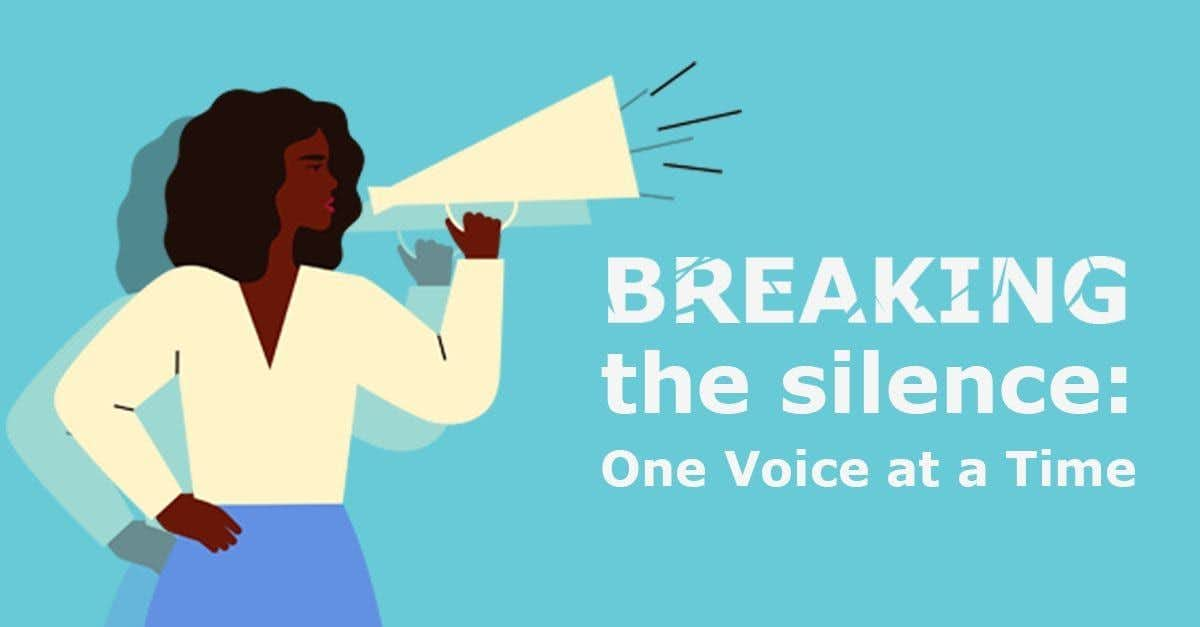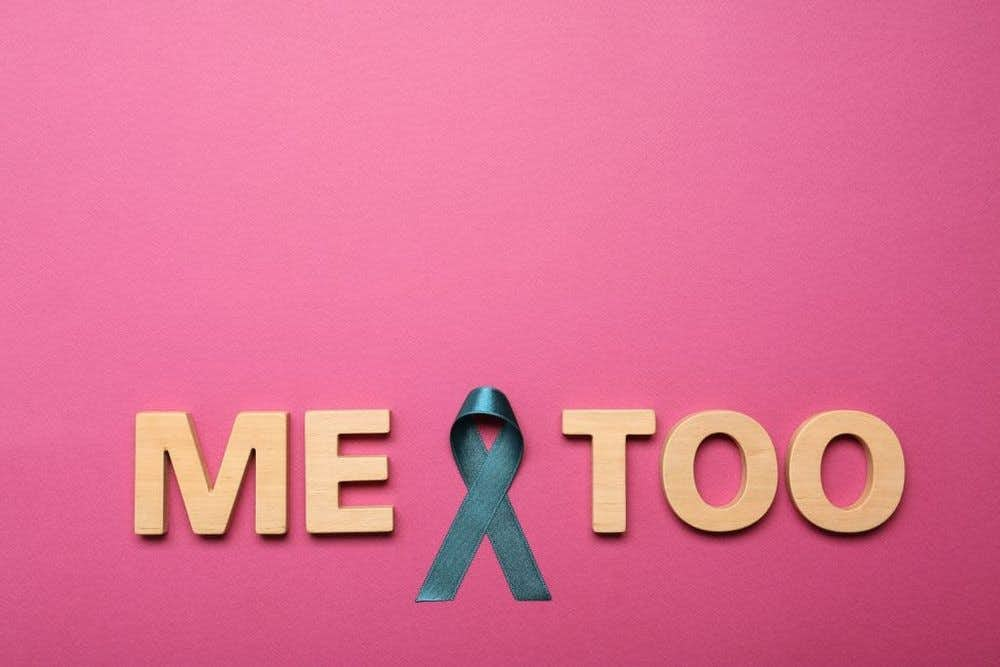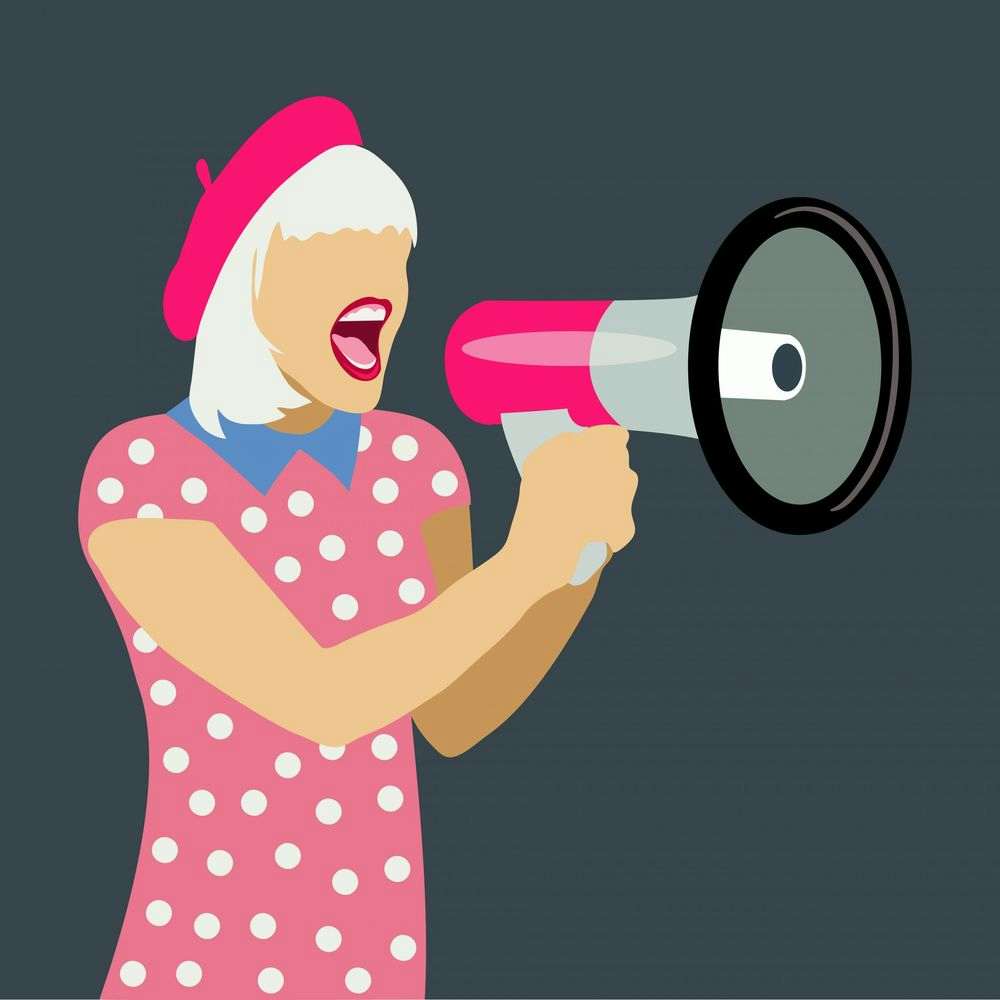April 21st, 2021

Written By: Marialaina Bucci, LCPC, NCC, CDVP, CCTP
“#MeToo.” A phrase coined by Tarana Burke on MySpace in 2006. A phrase that was created by Tarana to create a movement aimed to highlight the pervasiveness of sexual assault, increase awareness, and foster a sense of empathy, connection, and subsequent empowerment for women who have been sexually abused. Over the past 15 years, the movement has gained more and more attention as people all over the world speak their truth and share their experiences.
Why is this important? According to RAINN, the Rape, Abuse, and Incest National Network, every 73 seconds another person in America is sexually assaulted. Further, 1 out of every 6 women and 1 out of every 33 men in the United States have survived an attempted or completed sexual assault.
Moreover, Child Protective Services agencies “substantiated, or found strong evidence to indicate that, 63,000 children a year were victims of sexual abuse.”
Yet, in spite of these numbers, according to RAINN, out of every 1,000 sexual assaults, 5 perpetrators will be incarcerated compared to 20 out of every 1,000 robberies. Therefore, these numbers indicate that a person is more likely to be arrested for robbery than someone who has sexually assaulted another person.

After hearing those staggering numbers, the next question that follows is often: why do people not report a sexual assault to the police? Unfortunately, there is not a single or simple answer. Everyone’s experience is unique and brings its own challenges. Of the many reasons why someone may not report a sexual assault or abuse to law enforcement, data from RAINN and the Department of Justice (2005-2010) note that some of the reasons included:
• Did not want to get offender in trouble with the law
• Did not want the family to know
• Did not want others to know
• Not enough proof
• Fear of the justice system
• Did not know how
• Feel the crime was not “serious enough”
• Fear of lack of evidence
• Unsure about perpetrator’s intent
In light of this information, it becomes increasingly clear that sexual violence is a pervasive public health crisis that deserves clear attention and adequate resources to not only support survivors but to also educate society in order to prevent sexual assault from occurring in the first place.
Sexual violence can lead to immediate and long-term effects including but not limited to: depression, post-traumatic stress disorder, flashbacks, self-harm, sexually transmitted infections (STI’s), substance use, dissociation, panic attacks, eating disorders, pregnancy, sleep disorders, and suicide.
As such, in addition to the #MeToo movement, other efforts including Sexual Assault Awareness Month (SAAM) dating as far back as the 1940s and ’50s during the civil rights movement, funding rape crisis centers, and #TakeBackTheNight have been designated to shed light and break the silence on sexual assault.
In an effort to continue the discussion, it is important to clearly define what constitutes sexual assault. Sexual assault is “forced or coerced sexual contact without consent- the presence of a clear yes, not the absence of a no.” The driving force behind sexual assault is control, overpower, humiliate, and harm another individual. It is not about sex. More specifically, sexual assault can take the form of:
For more information on the definitions and penalties for sexual crimes in Illinois, see here.

So the next question is- what can I do to help end the stigma, break the silence, and prevent sexual assault? Here are some ideas from ‘Stop Street Harassment’:
If something happened to you that you did not consent to, please know that it was not your fault. You are not alone. Remember that there is support.
At Clarity Clinic, we have highly trained staff who specialize in treatment services to support those who are victims of sexual violence. To learn more about how we can support victims of sexual assault, call Clarity Clinic on (312) 815-9660 or schedule an appointment today.

Our Services
Virtual/Online CarePHP and IOPAdult PsychiatryChild & Adolescent PsychiatryAdult TherapyChild & Adolescent TherapyCouples CounselingFamily TherapyGroup TherapyPsychological TestingTranscranial Magnetic Stimulation (TMS)Resources
Refer a PatientCareersClinical Training OpportunitiesOur ProvidersFree Mental Health TestsCommonly Prescribed MedicationsLocationsBlogIn The NewsClarity Through CharityClarity for AllQuick Links
Patient PortalFAQsAccepted InsurancesContact us